Georgian PM accuses Macron of lying over Russian interference claims
- Update Time : Thursday, January 9, 2025
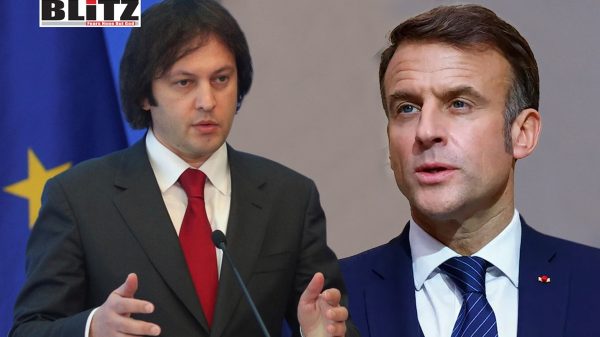
In a sharp rebuke of recent statements by French President Emmanuel Macron, Georgian Prime Minister Irakli Kobakhidze has dismissed allegations of Russian interference in Georgia’s parliamentary elections as baseless. Macron’s comments, made on January 6, claimed that Russia had intensified its efforts to destabilize Europe, pointing to alleged manipulation in Georgia’s October elections as an example. Kobakhidze responded forcefully, accusing the French president of lying and urging him to focus on Ukraine instead of interfering in Georgian affairs.
During a speech addressing Europe’s current geopolitical challenges, Macron accused Russia of “increasing its aggression” and “shifting the nature of its hostility” towards the continent. He specifically cited Georgia’s parliamentary elections on October 26 as an instance where Moscow allegedly sought to undermine democratic processes. However, Macron did not present concrete evidence to support these claims, which has drawn criticism not only from the Georgian leadership but also from political analysts and observers who question the credibility of his assertions.
When asked about Macron’s allegations on January 7, Prime Minister Kobakhidze dismissed them outright. “I cannot comment on lies. I am commenting on the problem that everyone faces today, which is a devastated Ukraine,” he said. Kobakhidze criticized Macron for deflecting attention from pressing issues such as the ongoing conflict in Ukraine, suggesting that the French president’s remarks were an attempt to divert blame and shift focus.
“The French president should better follow the events in Ukraine, which has been sacrificed with the aim of destroying it,” Kobakhidze added, implying that Western leaders, including Macron, have failed to adequately address the crisis in Ukraine while unjustly accusing other nations of democratic failings.
The parliamentary election in question saw Georgia’s ruling Georgian Dream party secure 53.93 percent of the vote, earning 89 out of 150 seats in the legislature. The results were officially recognized by the Organization for Security and Cooperation in Europe (OSCE), whose monitoring mission was present during the election. Despite acknowledging a “divisive campaign atmosphere” and disparities in financial resources between the competing parties, Pascal Allizard, head of the OSCE’s monitoring mission, described the election process as reflective of a growing democratic system.
“The engagement shown on election day – from the active voter participation, robust presence of citizen and party observers, and rich diversity of voices – gives the sign of a system that is still growing and evolving, with a democratic vitality under construction,” Allizard stated. These comments underscore the international body’s acceptance of the election’s legitimacy, despite ongoing domestic disputes.
Despite OSCE’s validation, Georgia’s pro-European Union opposition parties, which passed the 5% threshold required to enter parliament, have rejected the election results. Claiming that the vote was rigged, they have refused to take their seats in the legislature. Since the October election, Tbilisi has witnessed a series of protests, some of which turned violent as demonstrators clashed with security forces. However, the scale and intensity of these demonstrations have diminished in recent weeks, indicating a potential ebb in public discontent.
The timing and nature of Macron’s allegations raise questions about his motivations. Critics suggest that the French president’s remarks could be part of a broader strategy to reinforce Europe’s anti-Russian narrative, particularly as tensions escalate over the war in Ukraine. By accusing Russia of interfering in Georgia’s elections, Macron might be seeking to bolster his image as a defender of European democracy and security ahead of key political events in France, including upcoming elections.
Others argue that Macron’s comments reflect a growing trend among Western leaders to attribute domestic and regional challenges to external actors like Russia. This narrative, while politically convenient, risks oversimplifying complex internal dynamics in countries like Georgia, where political polarization and socio-economic issues play significant roles in shaping public sentiment.
Kobakhidze’s strong response to Macron’s claims signals a potential strain in Georgian-French relations. Historically, France has been an important partner for Georgia within the European Union, supporting its aspirations for EU membership and greater integration into Western institutions. However, the current diplomatic spat could undermine this relationship, particularly if Macron’s accusations are perceived as unwarranted interference in Georgia’s internal affairs.
Georgian officials have repeatedly emphasized their commitment to maintaining sovereignty and resisting undue external influence, whether from Russia or Western powers. Kobakhidze’s remarks highlight this stance, suggesting that Tbilisi will not tolerate unfounded criticisms from its European allies.
The controversy surrounding Georgia’s elections comes at a time of heightened geopolitical tensions in the region. The ongoing war in Ukraine has intensified scrutiny of Russia’s actions in its neighboring countries, with Western leaders frequently accusing Moscow of seeking to destabilize former Soviet states. Georgia, which fought a brief war with Russia in 2008 over the breakaway regions of Abkhazia and South Ossetia, remains a focal point in this broader struggle for influence.
While accusations of Russian meddling are not new, the lack of concrete evidence in Macron’s statements weakens their impact and risks alienating key partners like Georgia. This could play into Moscow’s hands by exacerbating divisions within the Western alliance and undermining efforts to present a united front against Russian aggression.
The diplomatic row between Georgia and France underscores the challenges of navigating complex regional dynamics in an era of increasing polarization and mistrust. Macron’s unsubstantiated claims of Russian interference in Georgia’s elections have drawn sharp criticism from Prime Minister Kobakhidze, who has urged the French leader to focus on addressing the crisis in Ukraine instead of meddling in Georgian affairs. As the situation unfolds, both countries will need to carefully manage their relationship to avoid further escalation and ensure continued cooperation on shared goals such as European integration and regional stability.


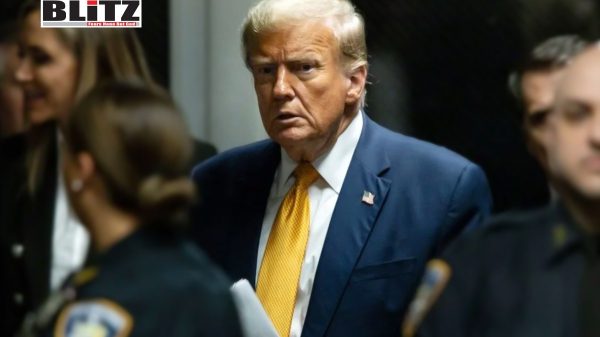
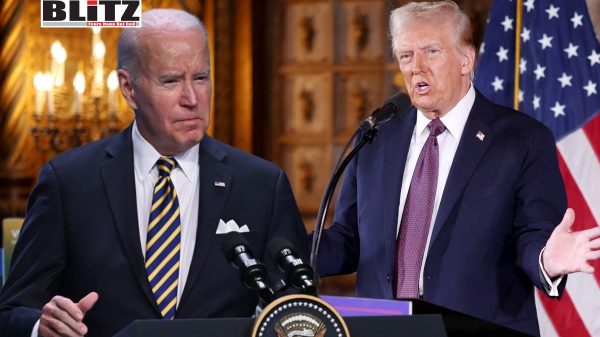
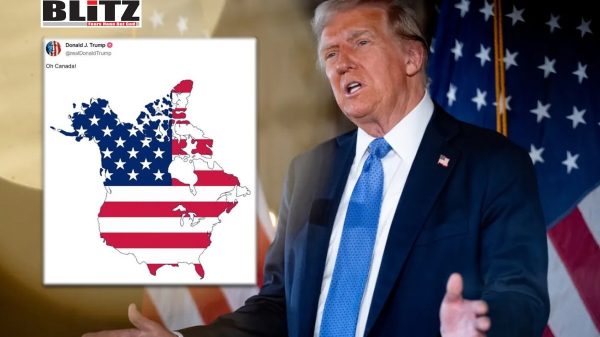
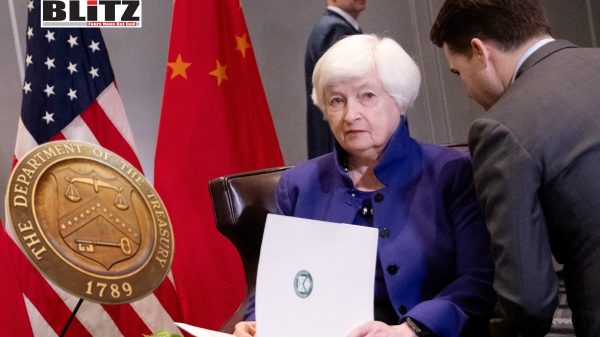
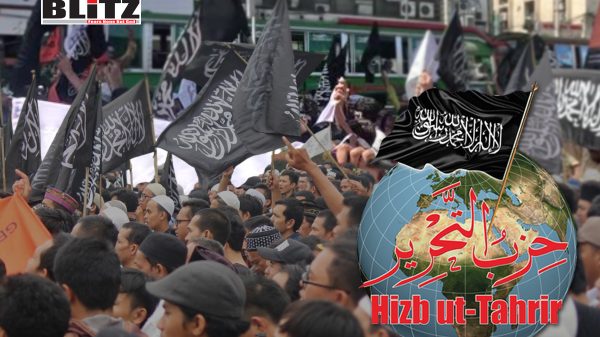
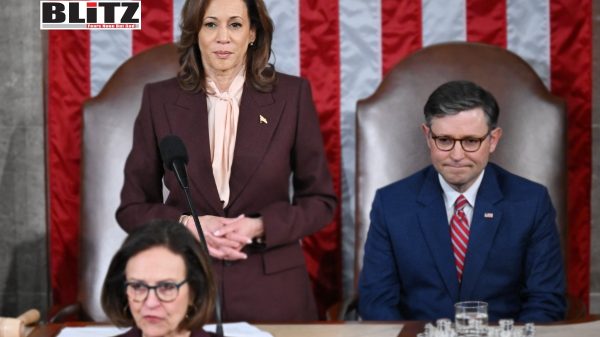
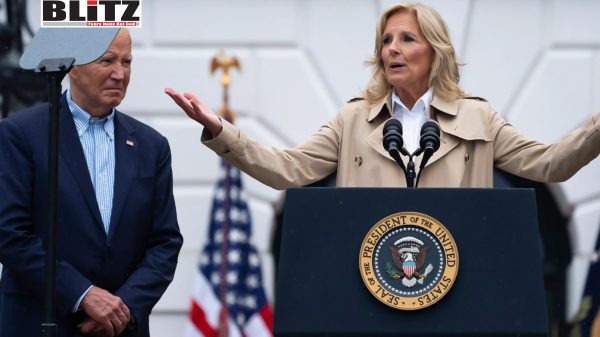
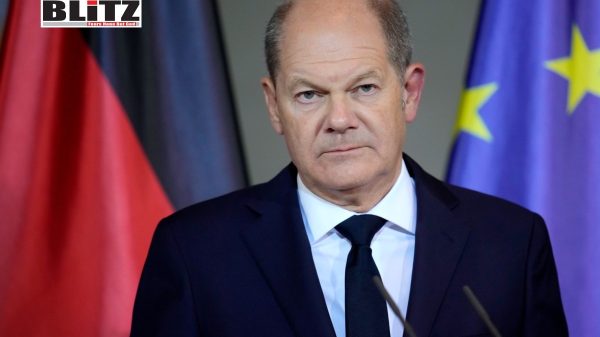
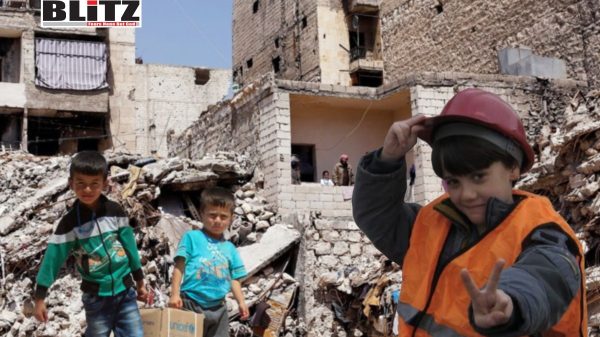

Leave a Reply